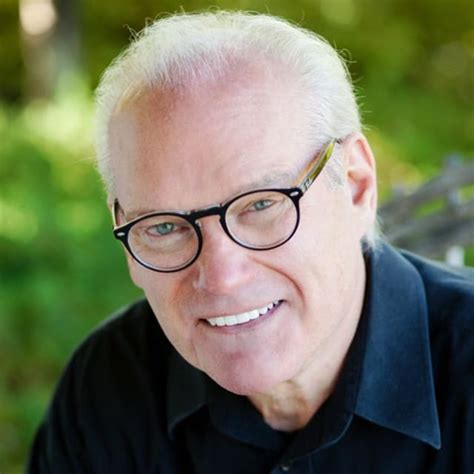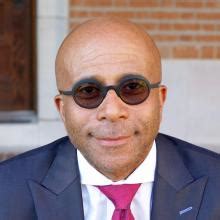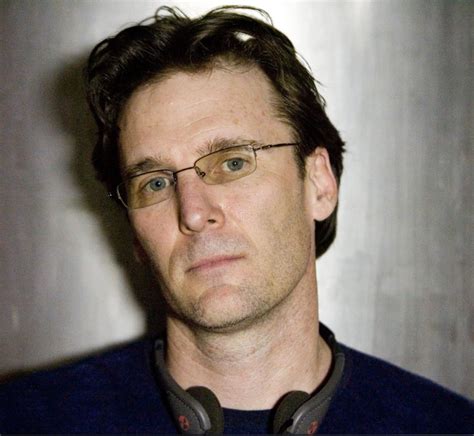A Quote by Jerry B. Jenkins
We sometimes idealize the early church and want our churches to go back to the simple, old ways. We need to carefully read the history. Harmony takes work.
Related Quotes
There are congregations on nearly every corner. I'm not sure we need more churches. What we need is a church. I say one church is better than fifty. I have tried to remove the plural form churches from my vocabulary, training myself to think of the church as Christ did, and as the early Christians did. The metaphors for her are always singular - a body, a bride. I heard one gospel preacher say it like this, as he really wound up and broke a sweat: "We've got to unite ourselves as one body. Because Jesus is coming back, and he's coming back for a bride not a harem.
In moments of spiritual crisis we naturally fall back upon what worked for us, or seemed to work, heretofore. Sometimes this shows up through the reassertion of our old values in belligerent, testy ways. Regression of any kind is just such a return to old presumptions, often after they have been shown to be insufficient for the complexity of larger questions. The virtue of the old presumptions is that they once worked, or seemed to work, and therein lies if not certainty, then nostalgia for a previous, presumptive security. In our private lives, we frequently fall back upon our old roles.
There's a separation of church and state. If you want the perks that churches have traditionally received, then abide by the rules. If you're going to be involved in the political process, even in soft ways, then surrender the privileges. Let ministers pay income tax on all of their income. Let churches pay income tax, let them pay property taxes. They can't have it both ways. You can't pat the politicians on the back, break the rules, and then get all these perks.
In our culture, many of us idealize love. We see it as some lofty cure-all for all of life's problems. Our movies and our stories and our history all celebrate it as life's ultimate goal, the final solution for all of our pain and struggle. And because we idealize love, we overestimate it. As a result, our relationships pay a price.
Churches are the primary partners that work with Habitat in an almost infinite variety of creative overlapping circles. We cherish these partnerships with churches…I have always seen Habitat for Humanity as a servant of the church and as a vehicle through which the church and its people can express their love, faith, and servanthood to people in need in a very tangible and concrete (literally!) way.
Every once in a while I check and I say, do I still believe in God? And the answer is absolutely yes. And then I think, I suppose I should go to church now. But after going to so many churches in my life and trying to go with the flow with so many denominations, Eastern and Western, I don't really feel I need to go to church at all.
I mean, so if I've talked to whites in City of Refuge, sometimes they'll wonder, "Why do we do things a certain way, and why do we make a big deal out of events?" And what's happening is they're falling back on their understanding of the way that church should work. It's not always working exactly like that, and they feel frustration or confusion. Sometimes people leave. That's certainly common in mixed churches.
Dear Sir: Yours of the 24th. asking 'the best mode of obtaining a thorough knowledge of the law' is received. The mode is very simple, though laborious, and tedious. It is only to get the books, and read, and study them carefully. Begin with Blackstone's Commentaries, and after reading it carefully through, say twice, take up Chitty's Pleading, Greenleaf's Evidence, & Story's Equity &c. in succession. Work, work, work, is the main thing.
I think that's what's happened with a lot of people in films these days: they're so enamored with the process, whether it's CGI or using a huge crane that they lose sight of being resourceful. Sometimes you go into a room and all you need is one lamp to light the room. Sometimes all you need is just one simple location to do the job. I think that's more out of habit: you work with what you have to work with.
In evangelical and Pentecostal churches, most people have a home church they identify with, but you have a favourite pastor or evangelist that you listen to occasionally. Studying scripture means you don't just read the Bible: you read devotional books and books designed to help your spiritual walk or the church broadly construed.






































